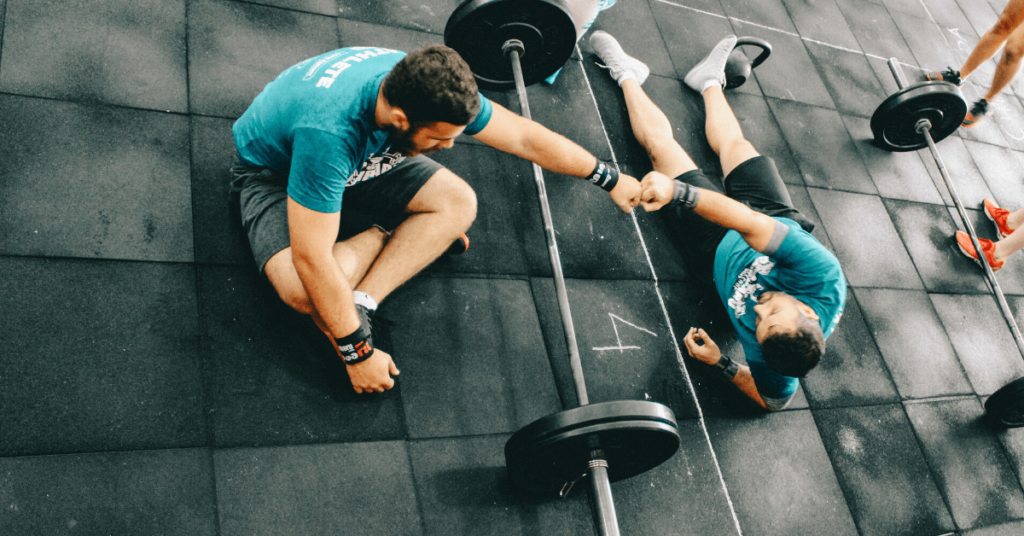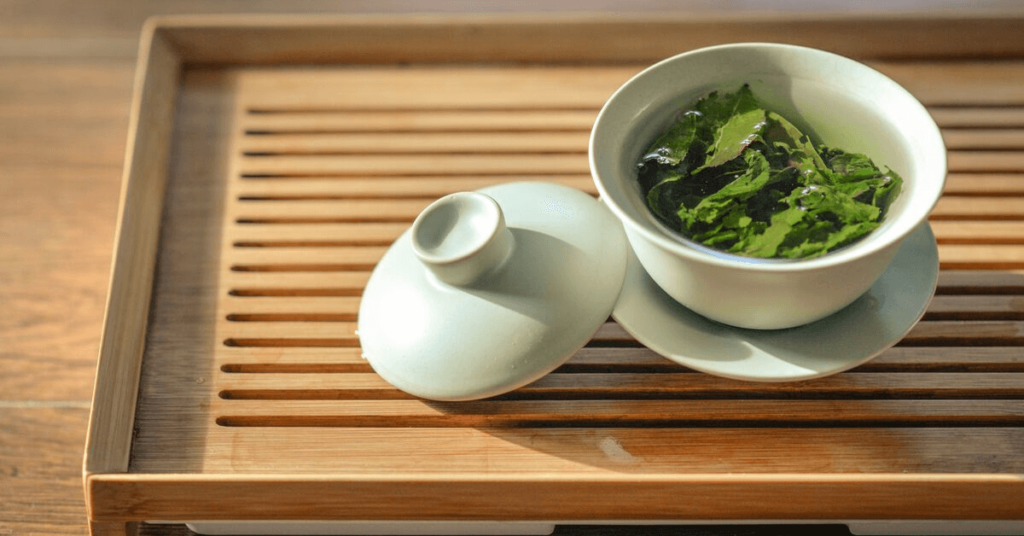We all know that our eyes and ears play a vital role in helping us to function in everyday life. I for one know that my vision and hearing are two things I often take for granted.
Ensuring our eyes and ears stay in tip-top shape directly relates to us living our best lives. And as it turns out, there are certain foods that can help us to do that.
Foods for eye health
Do your eyes have all the minerals and vitamins they need to prevent glaucoma, macular degeneration, and cataracts? Food has a HUGE impact on not only our mental wellbeing (pssst, here’s a great blog on handling anxiety in the workplace), but it also plays a role in our body’s health and wellbeing.
Kale
This popular leafy green is a great source of zeaxanthin and lutein, both of which are closely related to beta carotene and vitamin A which are known to protect health issues with your eyes as a result of sun damage and reduce your risk of macular degeneration (eye disease that results in vision loss) and cataracts.
Other great sources of these nutrients include collard greens, spinach, broccoli, kiwi, red grapes, oranges, corn, mangoes, honey melon, and yellow squash!
Keep in mind that your body needs fat in order to properly absorb zeaxanthin and lutein, which is why it helps to eat these with some healthy fats such as avo or olive oil.
Sweet potatoes
Sweet potatoes are a great source of beta-carotene, this is a powerful antioxidant that gives orange vegetables and fruits their vibrant colour.
The body converts this nutrient into vitamin A which helps prevent night blindness and dry eyes. Vitamin A and beta carotene also reduce your risk of eye infections. Carrots and butternut squash also contain this nutrient!
As mentioned above, vitamin A and carotene are best absorbed when eaten with a healthy fat.
Strawberries
These contain plenty of vitamin C, this is an antioxidant which can help reduce your risk of cataracts.
Salmon
Suffer from dry eyes? The omega-3 fatty acids in salmon and other fish can help treat this!
I suggest you aim to eat fish two to three times a week or include omega-3 supplements in your diet.
Green tea
The antioxidants found in green tea help lower your risk of macular degeneration and cataracts. Green tea also contains catechins which have anti-inflammatory effects.
What’s an antioxidant?
Antioxidants are important substances that can protect the cells in your body against the effects of free radicals. These molecules are produced when your body breaks down food or is exposed to tobacco smoke and radiation
Foods for ear health
Thinking about foods for your ear health is not really a common thought. But there are in fact a number of yummy and delicious foods that contain a variety of properties that can help to maintain healthy ears and lower your chances of hearing loss.
Bananas
Bananas contain magnesium (which also assists with cramping from sports and gym), but this nutrient is known to help expand blood vessels and improve circulation, all the way into your inner ear!
Magnesium is also responsible for controlling the release of glutamate. Glutamate contributes to hearing loss related to noise. When glutamate is controlled, this lowers your risk of hearing loss.
You know what they say – a banana a day keeps hearing loss at bay! (Well, I mean they should say that!)
Salmon
This wonder food makes a second appearance in this blog!
The omega-3 fatty acids found in salmon are well known for their ability to reduce your risk of age-related hearing loss.
The trick is to start eating two to three servings of salmon a week and including omega-3 supplements into your daily routine BEFORE you reach old age.
Broccoli
Broccoli is full of folic acid which has incredible effects when it comes to slowing down hearing loss.
Broccoli also contains vitamin C, vitamin K, and fibre which are all nutrients that help reduce damage to the sensitive and delicate tissue in your ears.
Dark chocolate
Your tummy may have already started grumbling a little after reading about all these healthy and delicious foods, and this grumbling is just about to start getting worse because here comes something bound to get your mouth watering…
Drum roll, please…
DARK CHOCOLATE!
This delicious treat is high in zinc. A deficiency in zinc is linked to age-related hearing loss. This means that eating a square (note I didn’t say the whole block), is a great way to keep your hearing in good shape as you get older.
Want some more advice on healthy living?
Get in touch with our team of health and wellness experts!










